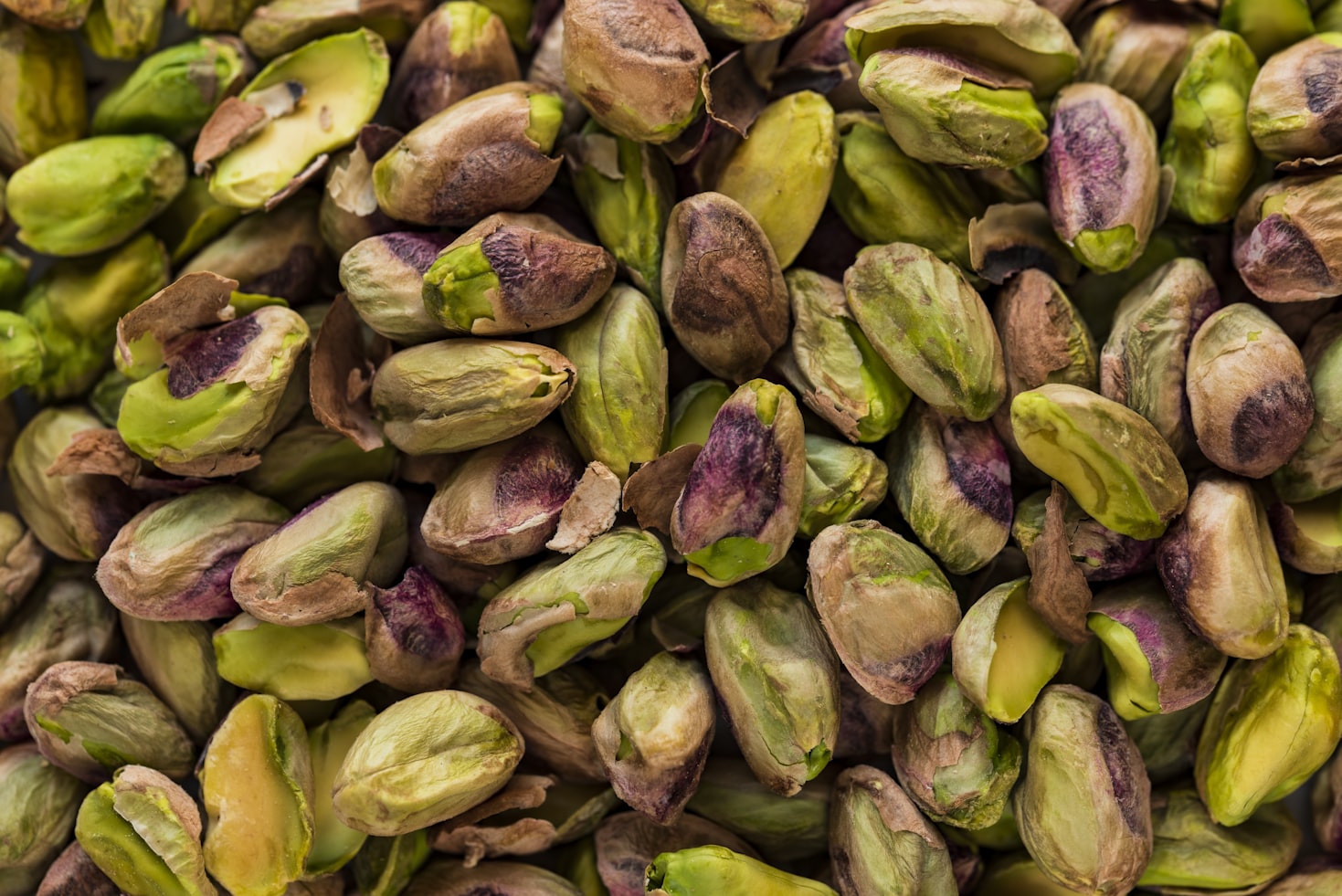Is Tomato Soup Keto Friendly?
Following a ketogenic diet involves consuming low-carbohydrate, high-fat foods to induce a state of ketosis in the body. This metabolic state promotes fat burning and weight loss. However, it can be challenging to determine which foods are suitable for a keto diet, especially when it comes to pre-packaged or processed foods like tomato soup. In this article, we will explore whether tomato soup is keto-friendly and provide valuable insights to help you make informed dietary choices.
Understanding the Ketogenic Diet
The ketogenic diet, often referred to as the keto diet, is a low-carbohydrate, high-fat diet that has gained popularity for its potential health benefits. By drastically reducing carbohydrate intake and increasing fat consumption, the body enters a state of ketosis. In this state, the body switches from using glucose as its primary fuel source to burning stored fat for energy.
The Importance of Carbohydrate Content
When following a keto diet, it is crucial to limit carbohydrate intake to achieve and maintain ketosis. Typically, a keto diet allows for around 20-50 grams of net carbs per day. Net carbs are calculated by subtracting the fiber content from the total carbohydrates in a food item.
Examining Tomato Soup’s Nutritional Profile
Tomato soup is a popular comfort food enjoyed by many. However, its carbohydrate content can vary significantly depending on the recipe and brand. Let’s take a closer look at the nutritional profile of tomato soup to determine its keto-friendliness.
1. Carbohydrates: Tomato soup typically contains around 15-20 grams of carbohydrates per serving. This amount can be relatively high for individuals following a strict keto diet, as it may consume a significant portion of their daily carbohydrate allowance.
2. Fiber: Fiber is an essential component of a healthy diet and can help regulate blood sugar levels. Tomato soup usually contains around 2-3 grams of fiber per serving. While this may contribute to the overall carbohydrate content, it is important to subtract fiber from the total carbohydrates to calculate net carbs.
3. Fat: The keto diet emphasizes consuming high amounts of healthy fats. Tomato soup often contains a moderate amount of fat, ranging from 5-10 grams per serving. While this can contribute to the fat content of a keto meal, it is essential to consider the overall macronutrient balance.
Factors Affecting Tomato Soup’s Keto-Friendliness
Several factors can influence whether tomato soup is keto-friendly or not. These factors include:
- Ingredients: The ingredients used in tomato soup can significantly impact its carbohydrate content. Some recipes may include added sugars or thickeners, which can increase the carb count. It is essential to read the nutrition label or prepare homemade tomato soup using keto-friendly ingredients.
- Serving Size: Pay attention to the serving size when evaluating the carbohydrate content of tomato soup. Some cans or packages may contain multiple servings, meaning you need to multiply the nutritional values accordingly.
- Brands: Different brands may have varying nutritional profiles for their tomato soup. It is advisable to compare labels and choose brands with lower carbohydrate content.
Alternatives to Traditional Tomato Soup
If you are following a strict keto diet and find that traditional tomato soup does not fit within your macronutrient goals, there are alternative options available:
- Homemade Tomato Soup: By preparing tomato soup from scratch, you have full control over the ingredients and can make it keto-friendly. Use fresh tomatoes, low-carb seasonings, and healthy fats like coconut oil or heavy cream.
- Low-Carb Tomato Soup Brands: Some brands offer low-carb or keto-friendly tomato soup options. These products are specifically formulated to fit within the macronutrient requirements of a keto diet. Check the nutrition labels and choose brands with lower net carb counts.
- Tomato-Based Soups: If you enjoy the flavors of tomato soup but want to reduce the carbohydrate content, consider exploring tomato-based soups that incorporate other low-carb vegetables and proteins.
Frequently Asked Questions (FAQ)
1. Can I have tomato soup on a keto diet?
While tomato soup can be enjoyed on a keto diet, it is essential to consider its carbohydrate content and fit it into your daily macronutrient goals. Homemade tomato soup or low-carb options are preferable.
2. How can I make tomato soup keto-friendly?
To make tomato soup keto-friendly, opt for homemade recipes using fresh tomatoes, low-carb seasonings, and healthy fats. Alternatively, choose low-carb or keto-friendly tomato soup brands.
3. Is canned tomato soup keto-friendly?
Canned tomato soup can vary in its keto-friendliness. It is crucial to read the nutrition label and consider the carbohydrate content, ingredients, and serving size. Look for options with lower net carb counts.
4. What are some low-carb alternatives to tomato soup?
If you are looking for low-carb alternatives to traditional tomato soup, consider tomato-based soups that incorporate other low-carb vegetables and proteins. Additionally, explore homemade recipes or low-carb tomato soup brands.
5. Can I have tomato soup during the initial phase of a keto diet?
During the initial phase of a keto diet, it is advisable to strictly limit carbohydrate intake to induce ketosis. Therefore, it may be best to avoid tomato soup or consume it in moderation, considering its carbohydrate content.
6. Can I add toppings to tomato soup on a keto diet?
Yes, you can add keto-friendly toppings to your tomato soup to enhance its flavor and nutritional profile. Consider options like grated cheese, sour cream, or chopped avocado, which provide healthy fats and minimal carbohydrates.
Summary
Tomato soup can be enjoyed on a keto diet, but it is essential to consider its carbohydrate content and fit it into your daily macronutrient goals. Homemade tomato soup using keto-friendly ingredients or low-carb options from specific brands are preferable choices. Pay attention to the ingredients, serving size, and nutritional labels to make informed decisions. Remember, the key to a successful keto diet is maintaining a state of ketosis by limiting carbohydrate intake and prioritizing healthy fats.





